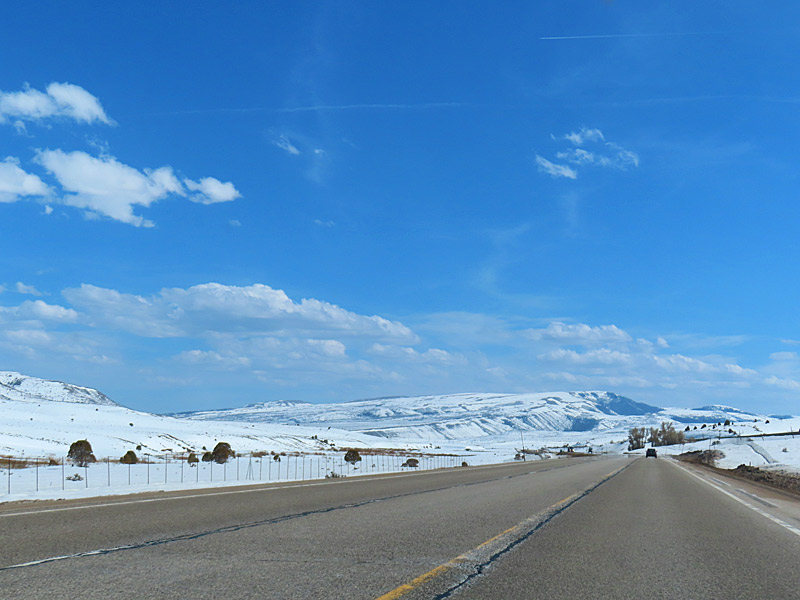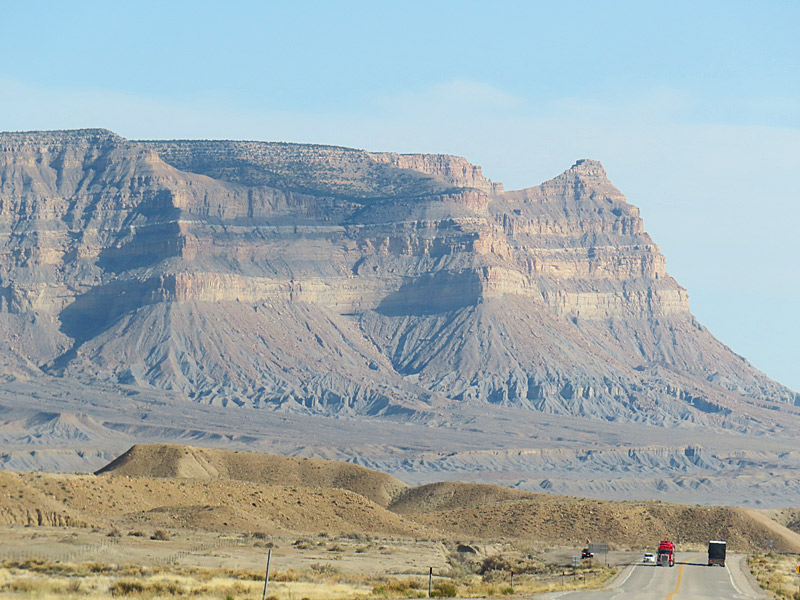
(photo property of JoesWorldTour.com – all rights reserved)
The park just north of Moab, Utah, has rugged trails, curvy roads and scenic views of red rocks and – if the weather behaves – really blue skies.
– Arches: National Park Service

(photo property of JoesWorldTour.com – all rights reserved)
The park just north of Moab, Utah, has rugged trails, curvy roads and scenic views of red rocks and – if the weather behaves – really blue skies.
– Arches: National Park Service

(photo property of JoesWorldTour.com – all rights reserved)
The park is west of Moab, Utah, and located is a short distance from the northern entrance to Canyonlands National Park.

(photo property of JoesWorldTour.com – all rights reserved)
There are plenty of trails and camping is available at the park.
You reach the Canyonlands Island in the Sky visitor center by taking Highway 313 southwest from Highway 191, which is the north-south highway to and from Moab, Utah.
–National Park Service: Canyonlands

(photo property of JoesWorldTour.com – all rights reserved)
The southeast part of Canyonlands is about an hour and a half drive heading south from Moab, Utah. That entrance takes you to the park district called The Needles.
According to Earth Trekkers, the park gets its name from clusters of sandstone spires.
–National Park Service – The Needles
The morning I got here, the sky ranged from cloudy when I first showed up to mostly sunny but still hazy. I never got any really blue-blue skies, and then it clouded up again. My best shots were in that stretch of about an hour when I got at least some sun and sort of blueish skies.
I apparently headed out just in time. Heading north I drove through a momentary now flurry and then some wind and rain. That cleared up in time for me to make an afternoon visit to the north side of the park.

(photo property of JoesWorldTour.com – all rights reserved)
It’s worth the stop.
The carvings in the rock are estimated to be up to 2,000 years old.
–Newspaper Rock: Bureau of Land Management


There is a nice place to park next to the river called Lions Park and Transit Hub. The stop also has restrooms and access to a paved bicycle lane.

(photo property of JoesWorldTour.com – all rights reserved)
Including some hotels, restaurants, a couple of truck stops and a few brightly colored fruit stands, the town of Green River sits near the intersection of Highway 6, heading northwest to southeast, and Interstate 70, which runs west to east through northern Colorado to Denver and all the way to the East Coast.
The river is fed by snow melt and has a lot of water flowing through it in late April. Green River joins up with the Colorado River south of here in Canyonlands National Park.

(photo property of JoesWorldTour.com – all rights reserved)
The drive through the mountains on Highway 6 takes you to elevations as high as 7,477 feet. I see a sign along the way that marks Soldiers Summit at 7,477 feet. There is snow around the road at the higher elevations, but the road itself is clear and dry.
I’m back down to around 4,000 feet when I hit Interstate 70 near Green River, Utah, and head east about 20 miles to pick up Highway 191 south toward Moab. I passed the entrances to the northern section of Canyonlands National Park and about 10 miles later Arches National Park shortly before I reached the Moab city limits.

